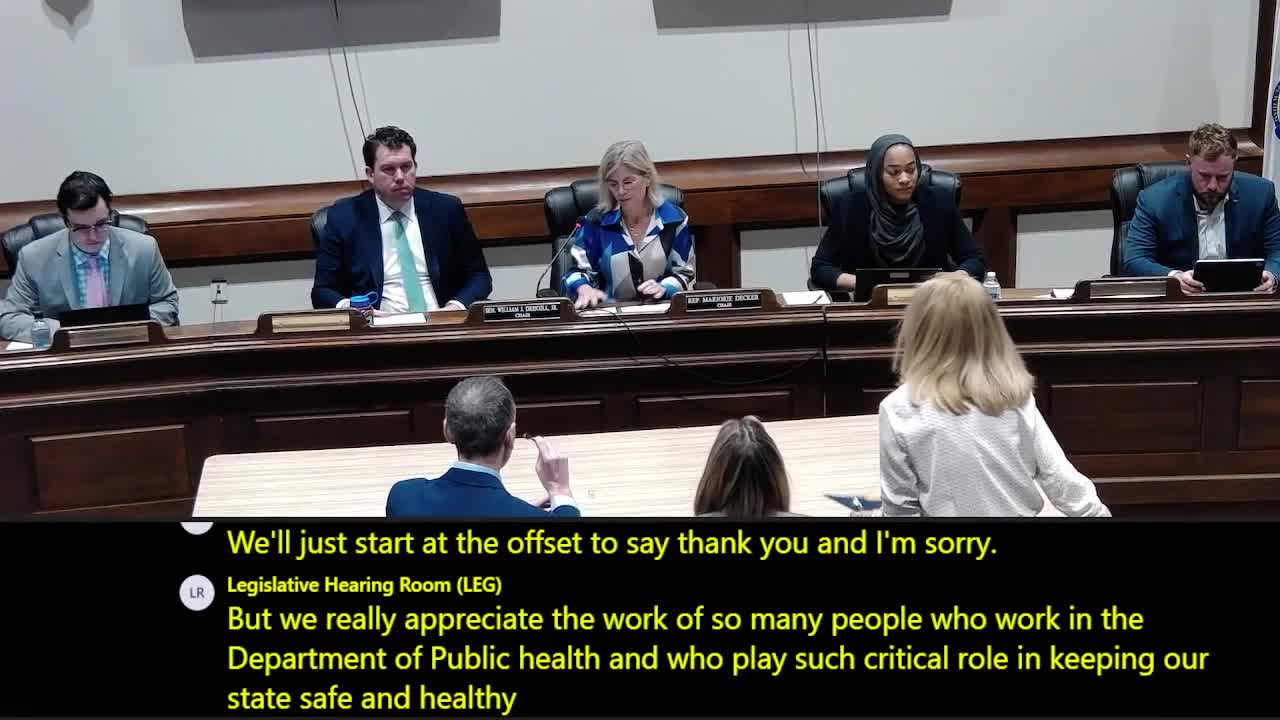Article not found
This article is no longer available. But don't worry—we've gathered other articles that discuss the same topic.
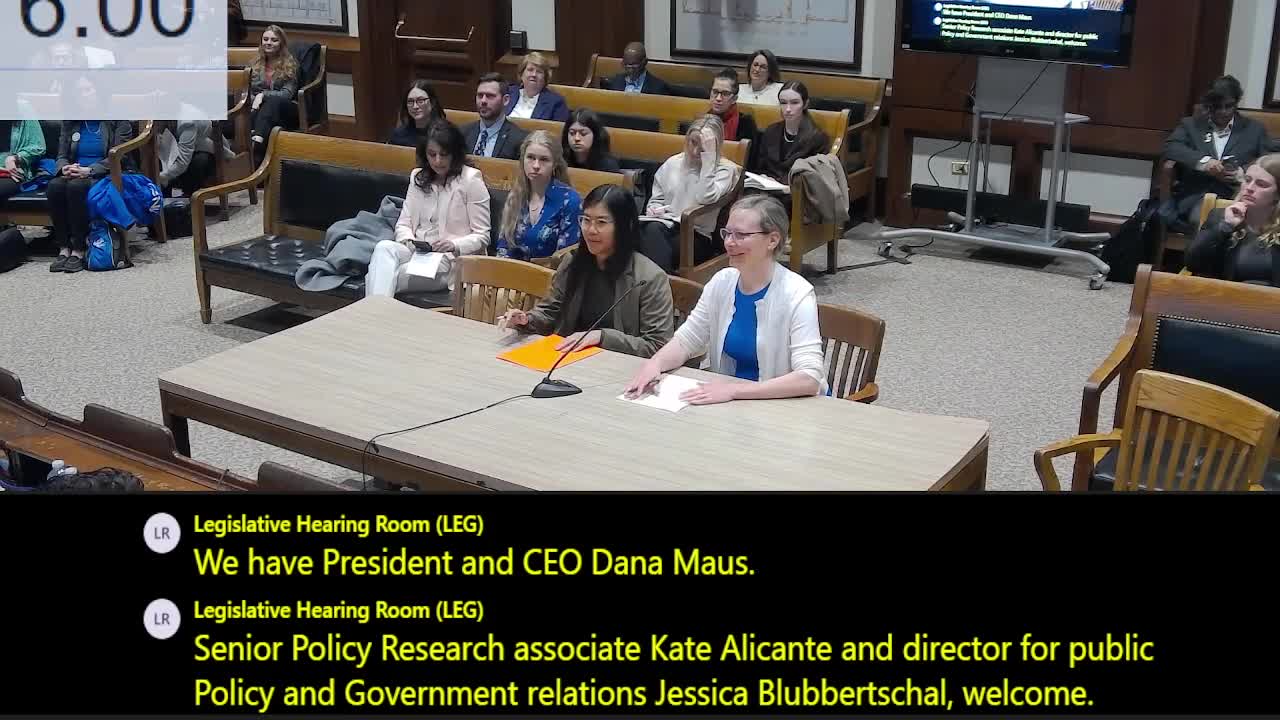
Behavioral‑health groups warn proposed state cuts would worsen youth crisis and strain community services
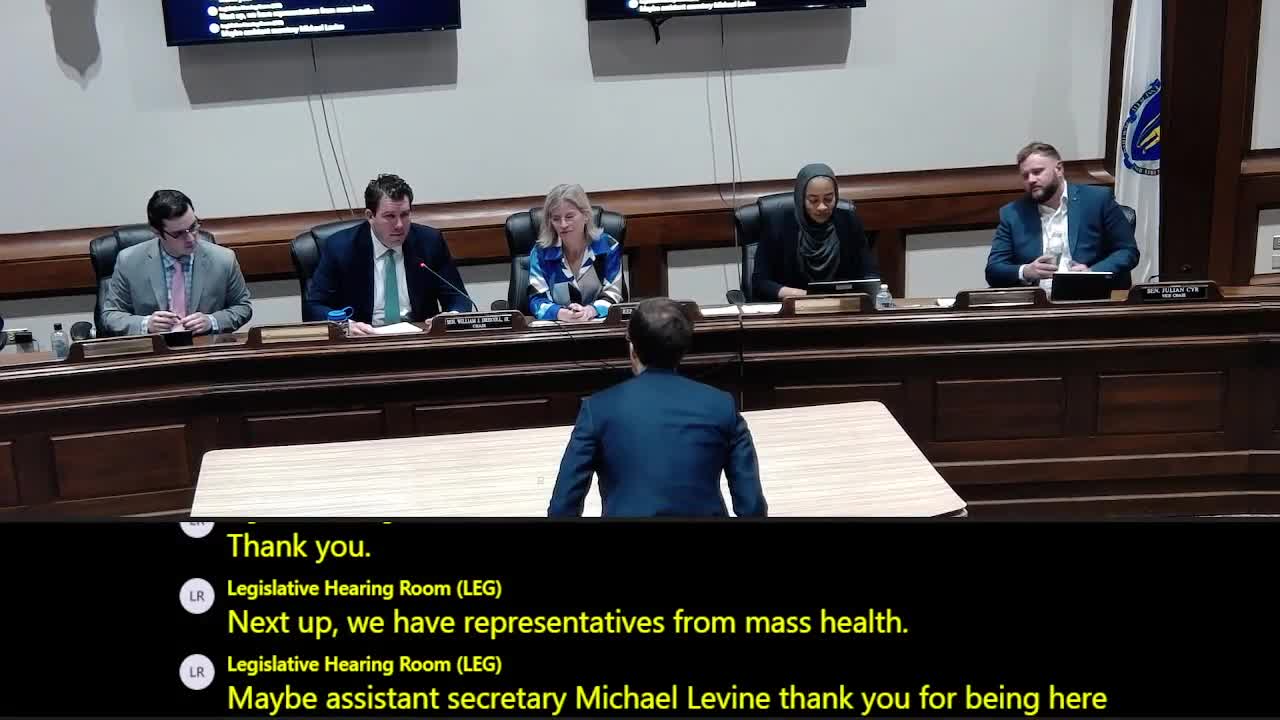
MassHealth outlines primary‑care and behavioral‑health investments and warns of federal Medicaid uncertainty
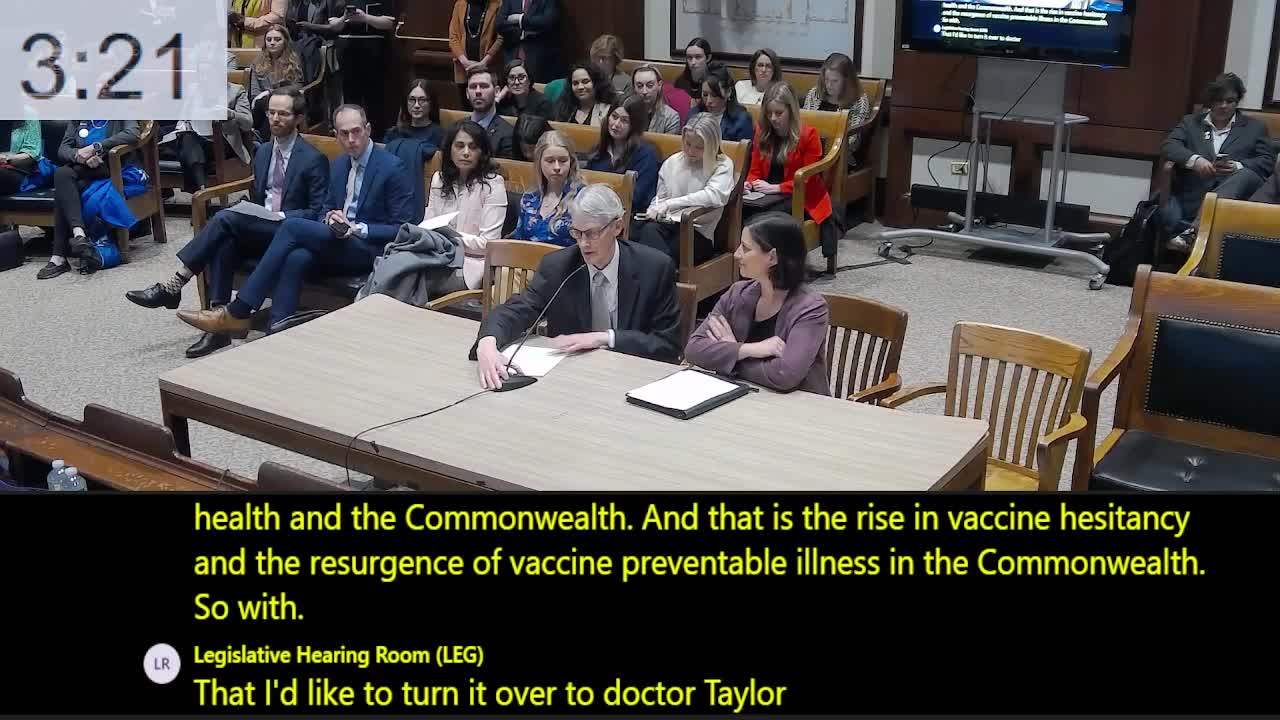
Medical society urges removing non‑medical vaccine exemptions amid rising measles risk
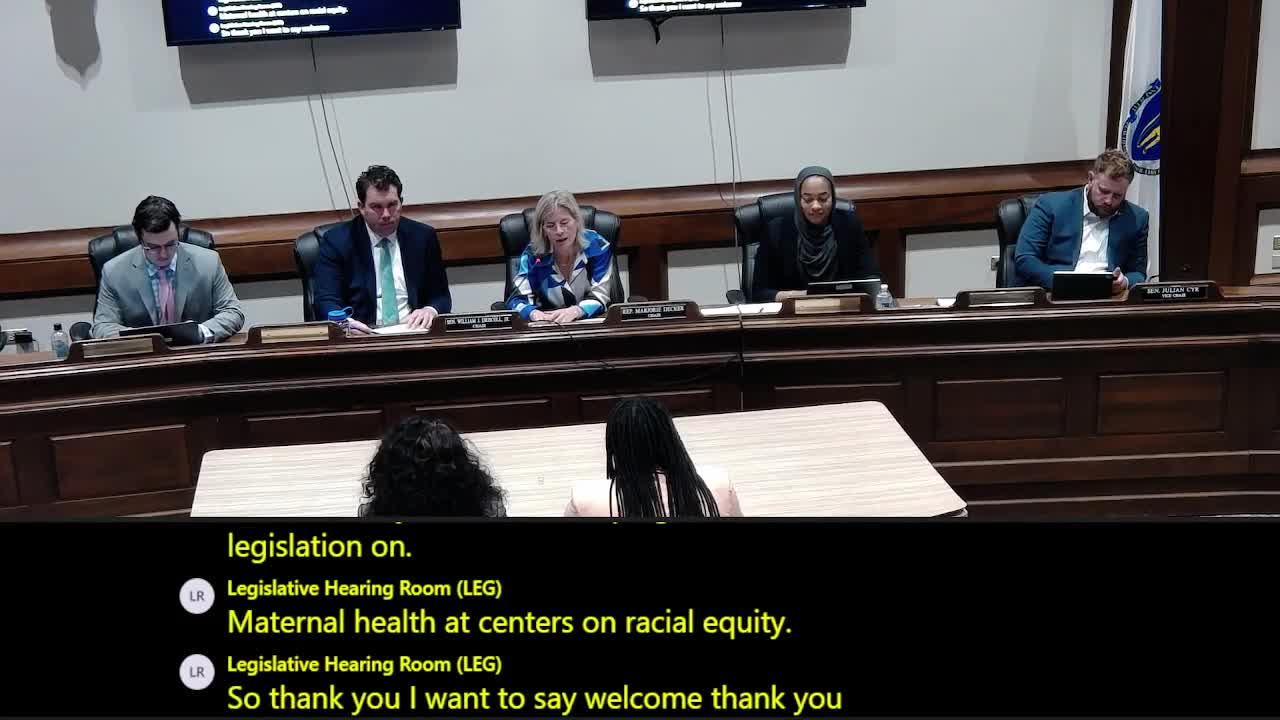
Experts call for full implementation of Massachusetts maternal‑health law and expanded supports for Black birthing people
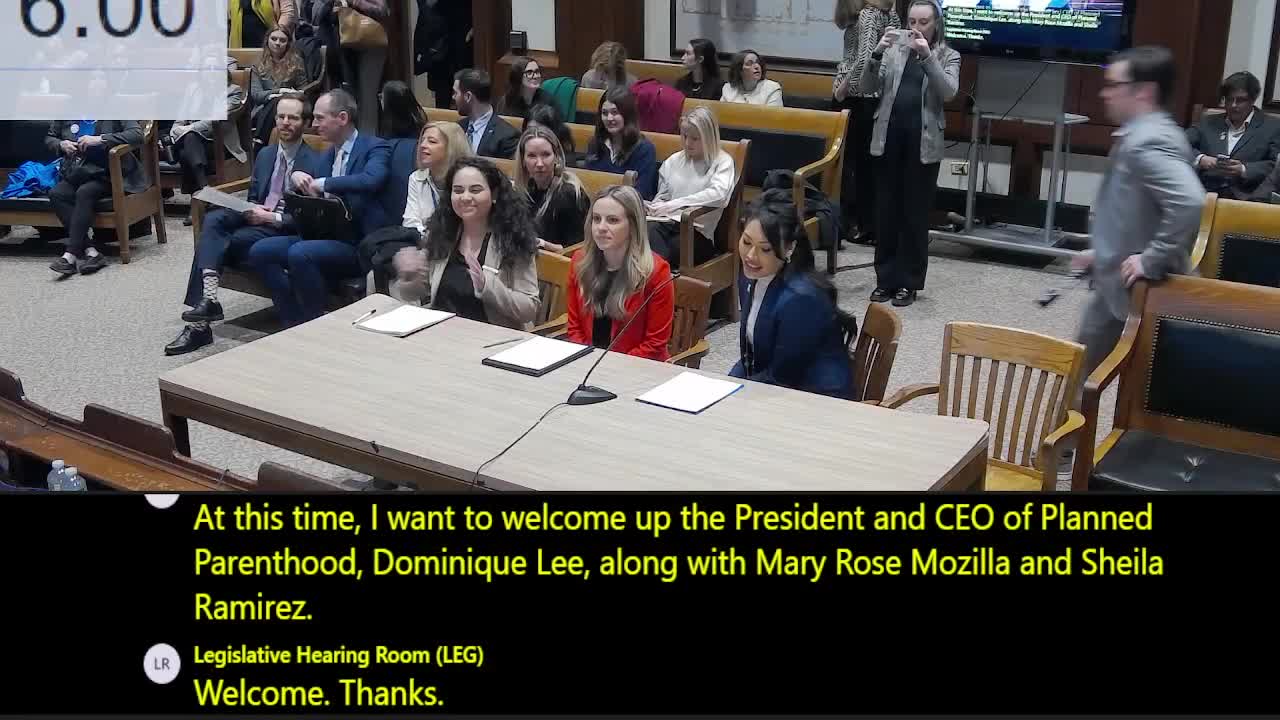
Providers tell lawmakers rising out‑of‑state demand, Title X and telehealth threats imperil reproductive care access in Mass.
